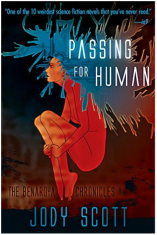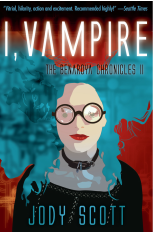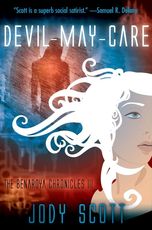|
In 1977 when I marched in my first Gay Pride March (it hadn't yet morphed into a parade), I could not have imagined that in my lifetime there would be gay marriage. The prejudice was too deep, too institutionalized, too unquestioned. For those same reasons I was doubtful America would elect a black president, but then we elected Barrack Obama. Then in 2016 we elected Donald Trump, America's most constitutionally-ignorant, separation of powers-hating, science-denying, kleptocratic president. Or perhaps we did not elect him, the covert and overt rigging of elections has reached quite a pitch here, but either way, about 1/3 of the population is happy to have an authoritarian Daddy figure relieving them- and the rest of us- of the pesky necessity to think, to adapt, to grow, to grant the right of beingness to others. These folks are with us always (to paraphrase Jesus), but to see this darkness so ascendant that the U.S. may be turning into a full-on authoritarian state is another thing I never imagined to see in my lifetime. (Apparently I suck at predicting what Americans will do.) I hope I am wrong, but for many reasons - not just trump, who is as much symptom as cause - I fear rough times are ahead. And not just here in the States. Which makes pride particularly salient in 2019 and henceforth. Ours has always been a movement that fought for and celebrated the right to live, to love, to fuck (or not, my celibate and asexual friends), to play, to pursue happiness... So remember our history, remember the queers at Stonewall who met riot police with high-kicking chorus lines, and let us never forget that joy is itself a revolutionary act. As Jody Scott put it, "The best revenge is to flourish and prosper," Or, to quote Albert Camus, "The only way to deal with an unfree world is to become so absolutely free that your very existence is an act of rebellion.” -Mary Whealen [For an optimistic view on how this is all going to work out, I suggest Teri Kanefield (twitter.com/Teri_Kanefield, terikanefield-blog.com) and for a pessimistic view I recommend Sarah Kendzior (twitter.com/sarahkendzior, patreon.com/gaslit). I do believe Kendzior is clear-sighted about the present danger in a way most of us cannot confront, but that Kanefield will prove right in the end. I'm just not sure if that end is 5, 20 or 60 years away.]
0 Comments
When I was growing up in California, going to Disneyland was a part of life. Every several years my mom, sister and I would pack up the station wagon, head south on the 101, then with high excitement, buy our coupon books at the gate. During one visit my mother and sister wanted to go to the Enchanted Tiki Room but I wanted to visit the Swiss Family Treehouse, so we split up. My attraction sucked. Mom and sis praised the Tiki Room highly and I wished I'd gone to it instead. It was many years before I was at Disneyland again and finally got to go to the Tiki Room; I expected an animatronic paradise of lush jungle and exotic singing birds. Imagine my disappointment when instead it consisted of bleacher seats in the round and a pantomime of a corny nightclub act with birds. Sometimes reading a book is like the Tiki Room. This month's Censorable Ideas is about 2 such novels, Orlando by Virginia Woolf Riding the Centipede by John Claude Smith. 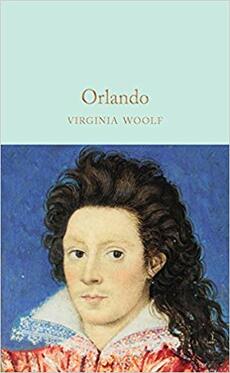 Orlando is a novel praised in breathless whispers as "groundbreaking," and it's true, the notion of fluid gender roles would've been something new and shocking for its day, and the fact that the protagonist changes sex in the novel might be taken as prima facie evidence of challenging social gender-role orthodoxy, but Orlando the titular character, as first a boy and then a man and then a woman, largely conforms to the social expectations of each of these identities, and so I think Orlando the novel gets more credit than it earns in this regard. Maybe, like with the Tiki Room, I'd read so much praise of it before actually reading the novel, that it became more in my imagination than it could possibly be, and disappointment was inevitable, but my overarching impression was this is a novel that marries the worst instincts of chick-lit (albeit at a far superior level of writing) with the effetest of the effeteness of upper class idleness. "Oh I'd love to be a writer!" Orlando cries for 400 freaking years, like a teenager writing in her diary, and, despite his/her four centuries of experiences, learns nothing, grows not a wit as a character, remains the same overly-sensitive, narcissistic juvenile throughout. Perhaps it was Woolf's intention to show that no amount of life experience can overcome the debilitating effects of too much wealth combined with too little purpose, though I doubt it, but that is certainly my take-away theme. Now as a very long love letter to Vita Sackville-West, which Orlando is widely considered to be, it is astonishing; there is much humor to be enjoyed, and Woolf is undoubtedly a master of her craft- her prim, precious, introverted prose is perfectly matched to the subject matter, but I find the character of Orlando to be too useless a waste of space to be able to like the novel. 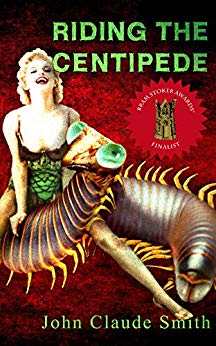 Riding the Centipede presents itself as transgressive fiction, "a genre of literature which focuses on characters who feel confined by the norms and expectations of society and who break free of those confines in unusual or illicit ways," but what it ultimately delivers is something quite different. "Riding the Centipede," we are told by Marlon, longtime junkie and denizen of the underworld, is the ultimate drug-fueled experience. Created by a mythologized William S. Burroughs and offered just once a year exclusively to one recipient, Marlon has been chosen. Now all he has to do is survive. Centipede is the story of his journey, and his sister's parallel quest to find and rescue him, assisted by a world-weary P.I. There is of course also an evil "Ubermensch" antagonist, and an assortment of unsavory characters whose debased wishes Marlon must fulfill in order to receive the drug to take him to the next level of his ride. The thing about transgressive fiction that makes it interesting and valuable, is that, at its best, it leads us to other avenues of contemplating reality, to different ways of thinking or experiencing that transgress society's paradigm in order to gain a bigger, freer point of view. Not so with Riding the Centipede. We get all the trappings of TF, but none of the payoff. There is, ultimately, no ultimate experience; we never get to take that ride and the characters who seek it... well it ends badly for them. The characters for whom it does not end badly find happiness in a conventional life that conforms to society's expectations. Smith has undoubted talent, but this novel reminds me of the pulp lesbian and gay fiction of the 1950's and 60's: it was OK for characters to indulge their "deviance" so long as by novel's end they converted, died or were punished. The characters in Centipede likewise indulge their deviance but in the end, convention's imperatives are upheld. I felt that in the back matter of this ebook, there could've appropriately been an animated GIF of Nancy Reagan holding a sign proclaiming, "Just Say No." Which is what I say about Riding the Centipede. -Mary Whealen read more reviews For those who may be new to Jody's blog, some highlights to start you off. Please enjoy exploring all the content here at Censorable Ideas! And for you old hands who've been around since the beginning, consider this a "Golden Oldies" list.
"Fantastical and yet mundane, Baron is a celebration of the individual in the sense we think of that, as sovereign of one's own life. Highly recommended." Headhunters from Outer Space by Bret McCormick "Humor, nostalgia, metaphysical philosophy, oddball characters, Headhunters From Outer Space is thoroughly enjoyable." The Exit Man by Greg Levin "Protagonist and his partner/girlfriend and their terminally ill clients are the ultimate DIYers; doing it for themselves, for each other and for the community at large, and we lucky readers get to tag along!" -Mary Whealen 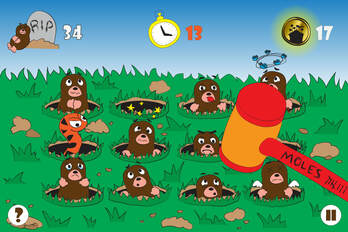 Transgressive Fiction is "a genre of literature that focuses on characters that feel confined by the norms and expectations of society and who break free of those confines in unusual or illicit ways. Because they are rebelling against the basic norms of society, protagonists of Transgressive Fiction may seem mentally ill, anti-social or nihilistic." (Wikipedia) From this definition, we understand that author's such as Burroughs, Shelby, Genet, Miller, Ginsberg belong to the genre, and inculcated as we all are from birth, it is understandable that what we easily recognize as "transgressive" is a kind of game of whack-a-mole, wherein our hero rebels poke their rebellious heads up only to, sooner or later, have them whacked back down by society. It's a game the house always wins because it sets the parameters. But what if we step beyond easy recognition? What might we find there to inform us about literature and about life? Last month I reviewed Never Anyone But You (discovered on the terrific site transgressivefiction) and concluded, "It is an interesting choice to include in the "transgressive fiction" tent. It contains little of the usual canon; this is not a story of rebellion via drugs, criminality, nihilism or self-destructive decadence. Claude and Marcel defy oppressive norms by creating a happy and long life together, by not internalizing the normative paradigm but designing and defining their own." I think we take too narrow a view of transgression when we see only "drugs, sexual activity, violence, incest, pedophilia, and crime," to quote goodreads. Not that there's anything wrong with those things in fiction of course, but what I mean is this: if the bloated center of a bell curve represents society ("everywhere in conspiracy against the manhood of every one of its members," as Emerson tells us), then transgression extends in many directions. It is these heretofore unrecognized directions, and the fiction that explores them, that is the subject of this month's Censorable Ideas. From The Atlantic Monthly: "Transgressional fiction shares similarities with splatterpunk, noir and erotic fiction in its willingness to portray forbidden behaviors and shock readers. But it differs in that protagonists often pursue means to better themselves and their surroundings—albeit unusual and extreme ones. Much transgressional fiction deals with searches for self-identity, inner peace and/or personal freedom. Unbound by usual restrictions of taste and literary convention, its proponents claim that transgressional fiction is capable of pungent social commentary." This description begins to take us somewhere interesting. Can fiction be transgressive in a positive direction? I offer in the affirmative the following examples: Don Quixote by Miguel de Cervantes, The Baron in the Trees by Italo Calvino, The Benaroya Chronicles trilogy by Jody Scott, Headhunters from Outer Space by Bret McCormick Never Anyone But You by Rupert Thomson The characters in these novels subvert & disobey the imperatives of their society, not in the easily recognized transgressional fiction modality, but critically, to my point here, for the same reasons. These protagonists SEE the normative paradigm, with all the banal hypocrisies and suppressions thereof, but reject it by flourishing in a paradigm of their own making. "Resistance is futile," warn the species-gobbling Borg in Star Trek, and we've all heard the truism, "what you resist, persists," so perhaps they make a good point. Perhaps it's a problem with our understanding of transgression as synonymous with rebellion. When we look to the dictionary definition of rebellion ("An act of violent or open resistance to an established government or ruler. The action or process of resisting authority, control, or convention"), we begin to see how the game of whack-a-mole rebellion cedes society victory from the start. Maybe what's needed is a broader concept of transgression, something that doesn't accede that society's paradigm is the benchmark, against which we can only rebel. Like Claude and Marcel in Never, Scott's characters Benaroya and Sterling O'Blivion, Calvino's protagonist in Baron, McCormick's Headhunters and Don Quixote are examples of "transgressors" who defy societal norms by the more evolutionary and difficult task of not internalizing the dominant paradigm. Easier said than done (but not impossible) in life, of course, but these are fictional heroes who transcend the "games condition" of poking their heads up for society to take a whack at.
As imagined by these and other authors, characters "who feel confined by the norms and expectations of society and who break free of those confines" in positive directions can and do make critical points about society, may "portray forbidden behaviors and shock readers," but most importantly these protagonists "pursue means to better themselves and their surroundings." They give us permission and inspiration to imagine better, bigger, richer, freer than the world would have us believe is possible. And what is more transgressive than that? -Mary Whealen This month's titles come courtesy of transgressivefiction.info, a great place to discover new and interesting authors. THE EXIT MAN by Greg Levin |
Get blog via email or reader:Categories
All
Archives
June 2022
|


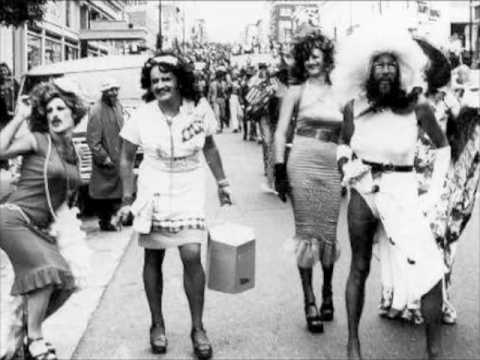
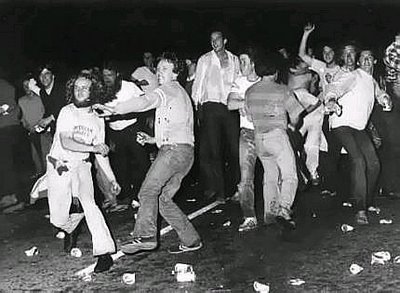

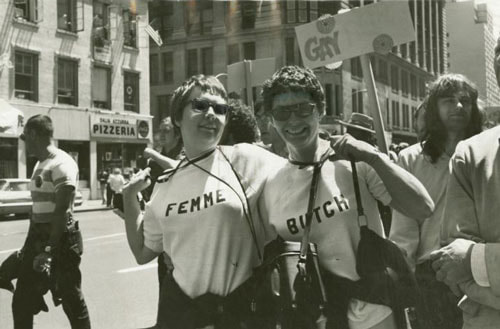
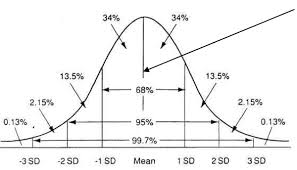

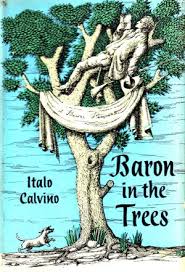
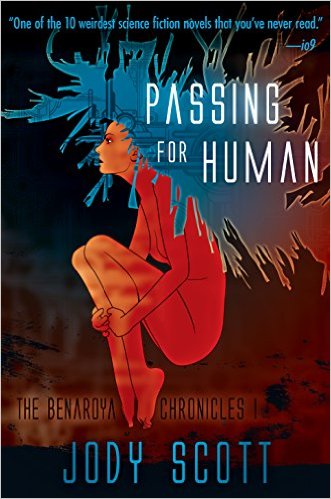
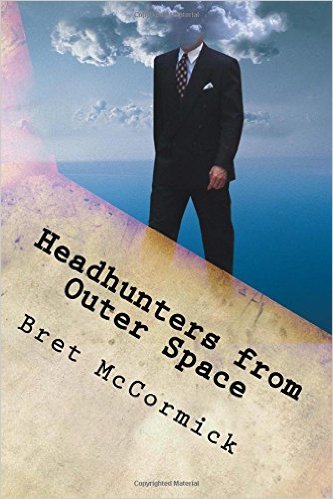
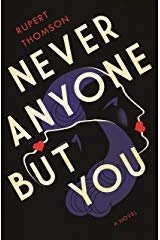
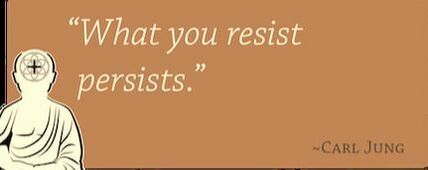
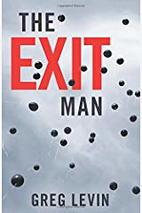
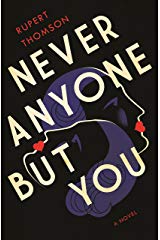
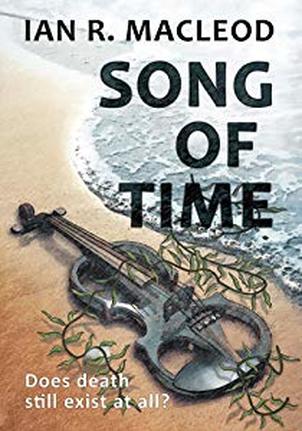

 RSS Feed
RSS Feed

